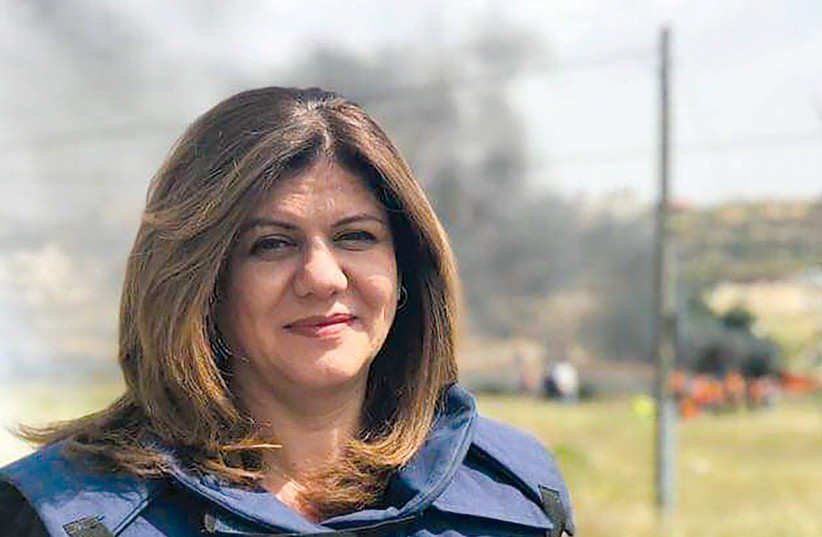WASHINGTON – A bipartisan congressional delegation concluded its trip to Israel on Friday, after five days that included individual meetings with Naftali Bennett, Yair Lapid and Benjamin Netanyahu, as well as a meeting with Palestinian Authority officials.
Rep. Josh Gottheimer (D-New Jersey) and Fred Upton (R-Michigan) led the delegation that included four members from each party. “We saw everyone in the middle of the action,” Rep. Gottheimer told The Jerusalem Post. “On the political front, there was quite a bit going on.”
“We saw everyone in the middle of the action. On the political front, there was quite a bit going on.”
Rep. Josh Gottheimer
On Wednesday, just before the Knesset voted to dissolve itself, the delegation met with outgoing Prime Minister Bennett, incoming Prime Minister Lapid and opposition leader Netanyahu.
“We certainly got everyone’s perspective to make sure that the relationship remains bipartisan,” Gottheimer said. “What was clear to me is just how strong our relationship remains and how durable it is and how deep our cooperation is. And I really don’t believe that any change of leadership will have an impact on that. And that was my broader takeaway.
Discussions and takeaways
“We spoke a lot about the president’s trip coming up, about the Abraham Accords, on Iran, and then broader regional cooperation, [including] Saudi Arabia,” he said. “We also had a discussion about antisemitism, the BDS [Boycott, Divestment and Sanctions] movement. We got a broad perspective from each of these leaders. My big takeaway was, after listening to them, how closely these leaders are aligned, plus or minus around the edges. I think there’s a recognition of an excitement around the Abraham Accords and the economic cooperation. There’s deep concern, of course, about the JCPOA. There was a discussion about how well coordinated they are with the Biden administration on these issues.”

Another topic of discussion was “how aggressive Iran has been through their proxies, from Hezbollah to Hamas,” said Gottheimer. The group also traveled to the Lebanon border to see a Hezbollah cross-border attack tunnel and met with leaders of Israeli start-ups including UBQ Materials, EcoWave Power and SupPlant.
“We were with the PA prime minister earlier this week – we and some other members of the Palestinian Authority – and discussed, among other things, the future of PA leadership, Hamas, Hezbollah, as well as the ‘pay-for-slay’ program,” he said.
“I asked about the tragedy of Shireen Abu Akleh’s death, but specifically about what they’re doing to turn over the bullet for an independent investigation. I’ve written a letter to the State Department about it,” said Gottheimer. “They have said that they’ve done their own investigation and that they were open to an independent investigation as long as it was truly independent.
“We saw how exciting of a time this is for Israel and the region and the cooperation of the region. You can see how the Abraham Accords and the regional cooperation will probably put indirect pressure on the Palestinian Authority, who stayed out of the Abraham Accords,” he said.
An AIPAC spokesperson said in a statement, “The bipartisan delegation sponsored by the American Israel Education Foundation met with top Israeli and Palestinian leadership and reaffirmed the ironclad, bipartisan support in Congress for the US-Israel relationship. These meetings covered a range of issues, including the threat posed by Iran, the possibilities from broader normalization between Israel and its neighbors, and the impact of increased economic and scientific cooperation between the two countries.”
